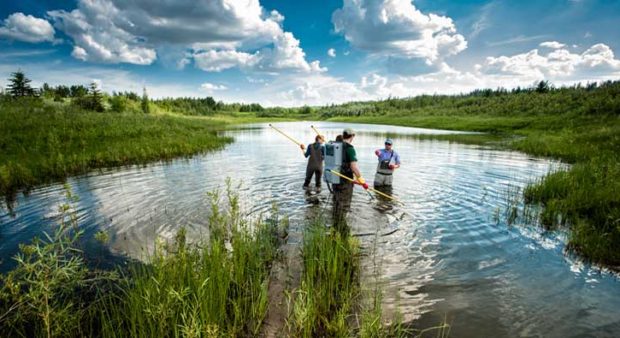
The University of Alberta wants to put your fishing photos and stories to scientific use.
Mark Poesch, assistant professor, conservation ecology, department of renewable resources at the university says that with the help of anglers in Ontario and across the country, his team will be able to better target research projects and conservation efforts.
Getting involved in what’s been dubbed “citizen science” is simple. In this case, when you catch a fish—or even spot one and are able to get a photo—report it through his lab’s online Report a Fish tool.
“This tool is meant for citizens who find something strange, whether it’s an endangered specie, an invasive specie or even a trophy fish that they are really proud of,” he said. “We want to collect all that information. All the citizen has to do is upload their photo with the location and they will receive a certificate of participation from us.”
But your pictures aren’t the only things Poesch and his team want, they are interested in collecting your stories too.
“We are trying to understand how anglers use the resource, what their perceptions are about the resource, and how things have changed,” he said. “We want to start capturing those stories that might be missing from generation to generation.”
You can contribute to this area of the research by taking the 24-question, single-page Angler Survey or by simply writing a note and submitting it through the Traditional Knowledge Tool.
Success of citizen science
Poesch worked on fisheries research in Ontario for over a decade, before moving to the University in 2012. While in Ontario, some of the research he was part of included citizen science and Poesch found engaging citizens in the scientific process was valuable to research outcomes.
“One of the advantages is that we have more information about what’s occurring on the ground. As a researcher, that allows us to identify the impacts and start targeting research.”
The Report a Fish and angling surveys project launched during the June long weekend. Poesch says he envisions it as a long-term initiative.
Visit the lab’s website for more information about their work.


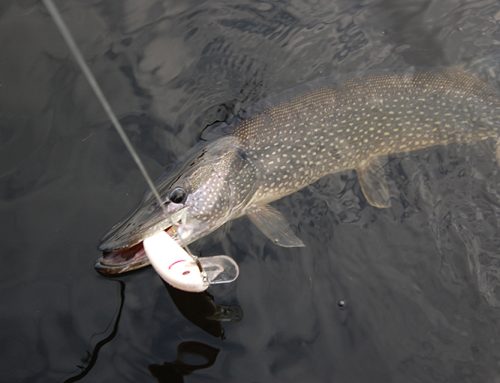
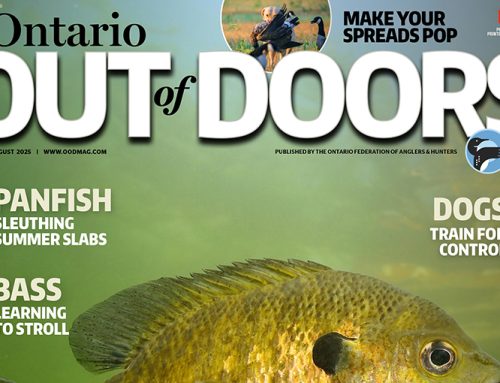
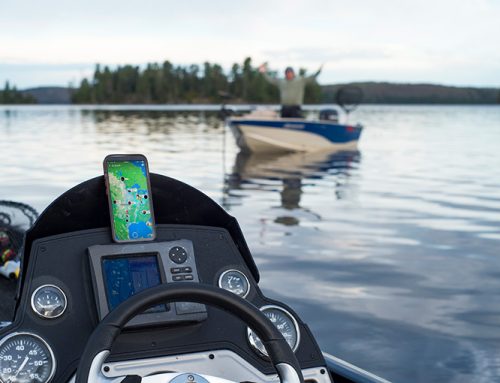
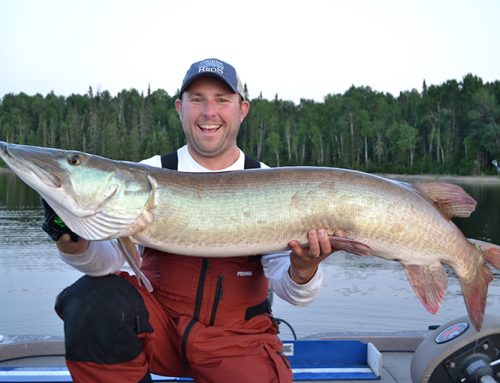
Leave A Comment